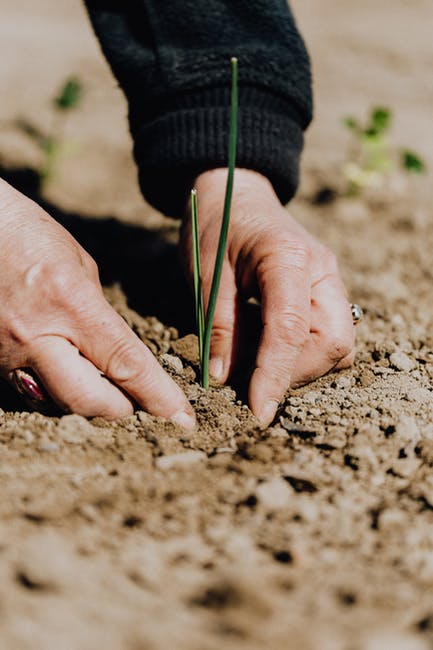
Making the effort to use proper organic techniques and high quality products really improves the end result. It presents the fact that you are concerned about your plants and you want them to thrive. These are worthy goals. As with anything, there is always room for improvement. The following article will help you do that.
If you want to spend more quality time outdoors with your children, why not allowing them to help you with your gardening? You will find that they enjoy participating in gardening if they are allowed to pluck the fresh berries and eat them straight from the earth.
Using a solution of aspirin and water can prevent certain plant diseases. An aspirin and a half, dissolved in about two gallons of fresh water, is great for your plants. Help your plants to fight disease by spraying them with the aspirin water. Spraying should be one time every three weeks.
If you’re thinking about growing your own organic garden, then you might want to consider keeping a bit of your property undeveloped; this way wildlife can flourish. Wildlife can help the plants in your garden to thrive, as insects support plant reproduction, while the excrement of many species contains nutrients which can help to fertilize your soil.
When you are growing organic plants within the home or an enclosed area, considering how much light the plants will receive must be emphasized. If the room you wish to grow them in faces in a direction that gets little light, choose varieties of plants which can accept this type of environment. If you do and this does not help, consider investing in some grow-lights.
You’ll save time and energy if you keep tools nearby while working in your garden. Wear pants with multiple pockets or use a toolbox or large bucket. You should be able to do your garden work quickly if you keep a trowel, gloves, small pruning shears, and other handy devices close to you.
After your seeds begin to sprout, it is not as important to keep them warm. As they begin growing you can move them farther away from heat sources. If you have plastic films on your containers, remove them. Check on your seeds periodically to make sure you know when to remove the films.
Use approximately two or three inches of natural, organic material as some mulch in every single flower bed. A thick layer of mulch will prevent weeds, reduce watering needs and fertilize your garden. A layer of mulch also creates a more attractive appearance.
Dried Plant Material
Use equal parts of green and dried plant material in your compost pile. Garden wastes, such as grass clippings, are classified as green materials. Dried plant material includes straw, sawdust, shredded paper, cardboard, and dried and cut-up woody material. Certain substances will undermine your composting efforts and cancel out any benefits; these include meat, charcoal, ash or plants that have diseases or fungal growths.
For container planting, be sure to plant your seeds at a depth around three times the radius of the seed. There are exceptions, however. Some types of seeds require more direct sunlight than others, and as such they should not be fully covered. These seeds include petunias and ageratum. If you’re not sure, a guide either comes with seeds, or you can find this information online.
If you have the right tools and products, you can use these tips to help your garden. This is awesome! What you have just read can help you get the most from your garden. Hopefully, this article has provided you with a new technique that you can utilize in your organic garden.
